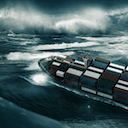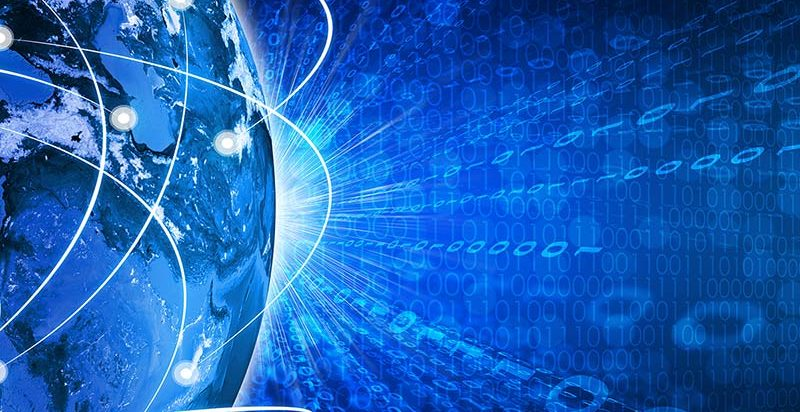Leveraging Data Analytics and Machine Learning to Optimize Water Usage in the Supply Chain
Water is a precious resource, and it is becoming increasingly important to optimize its usage in the supply chain. With the help of data analytics and machine learning, companies can now track and monitor water usage in their supply chain more effectively. This allows them to identify areas where water usage can be improved, and to develop strategies to reduce water consumption. For example, data analytics can be used to identify areas where water is being wasted, or to identify opportunities to use water more efficiently. Machine learning can then be used to develop algorithms that can be used to optimize water usage in the supply chain. This could include using predictive analytics to anticipate water needs and adjust water usage accordingly, or using AI-driven optimization techniques to identify the most efficient ways to use water. By leveraging data analytics and machine learning, companies can ensure that their water usage is as efficient as possible, helping to reduce their environmental impact.


This is a great article! I’m so glad to see companies taking steps to reduce their water consumption and environmental impact.
I’ve been seeing a lot of news about data analytics and machine learning, but this article is a great example of how it can be used to help the environment.
I’ve had some positive experience with data analytics and machine learning when it comes to water usage in the supply chain. Questions to the author: What types of AI-driven optimization techniques can be used to identify the most efficient ways to use water? Are there any other strategies that companies can use to further reduce their water consumption?
I’m an environmental engineer and I’ve seen first-hand the effects of water waste in the supply chain. It’s great to see that companies are now leveraging data analytics and machine learning to optimize water usage.
This article is really inspiring. I’m excited to see how companies use data analytics and machine learning to optimize water usage in their supply chain.